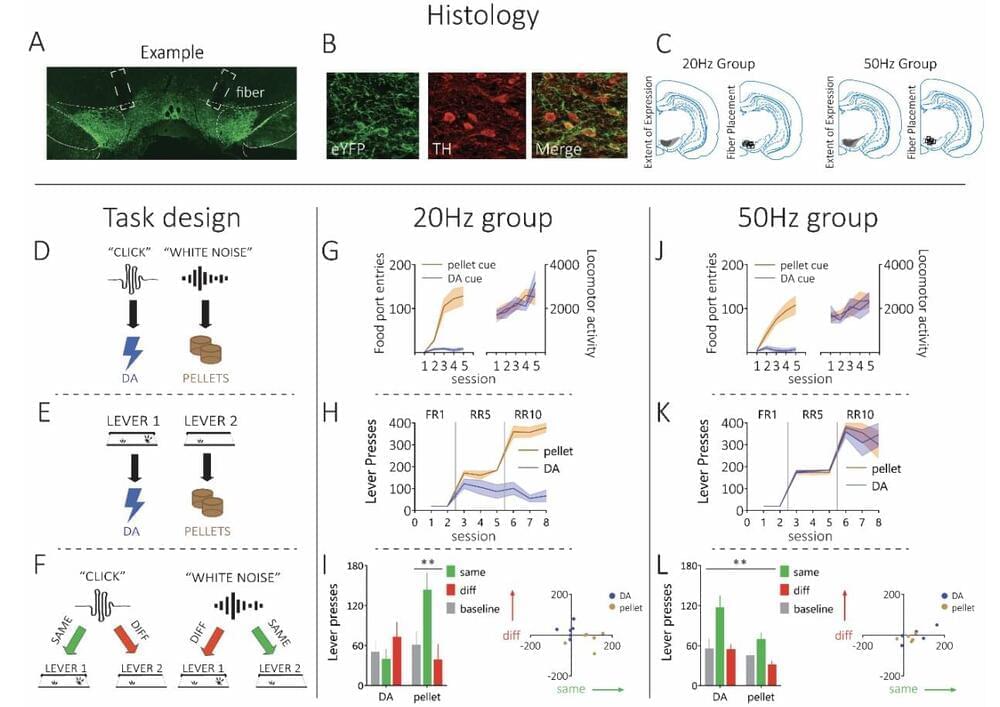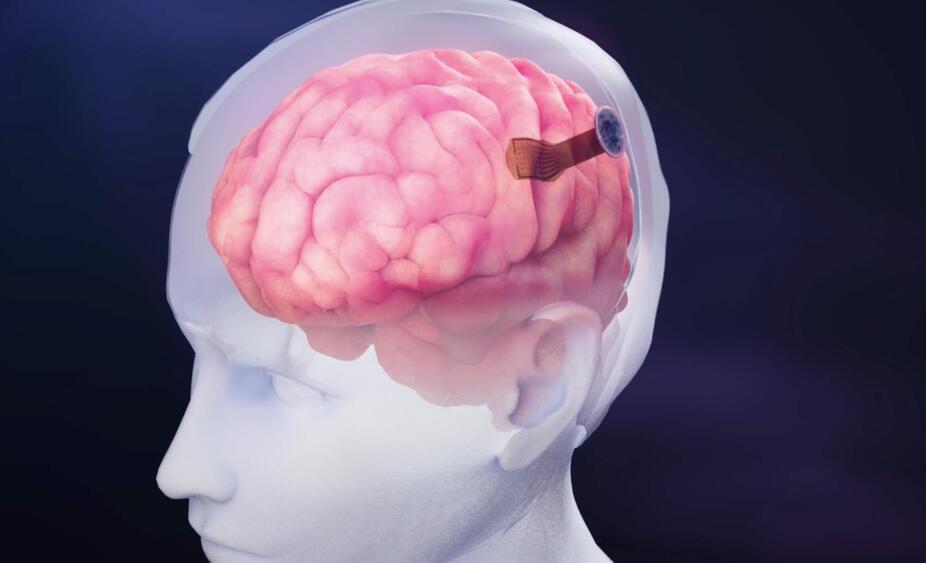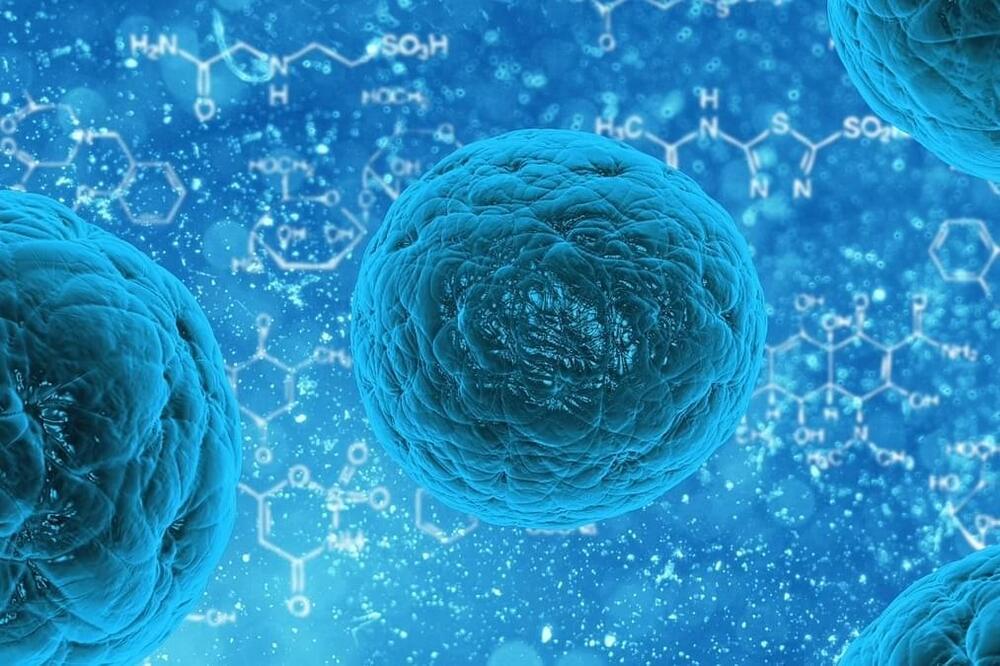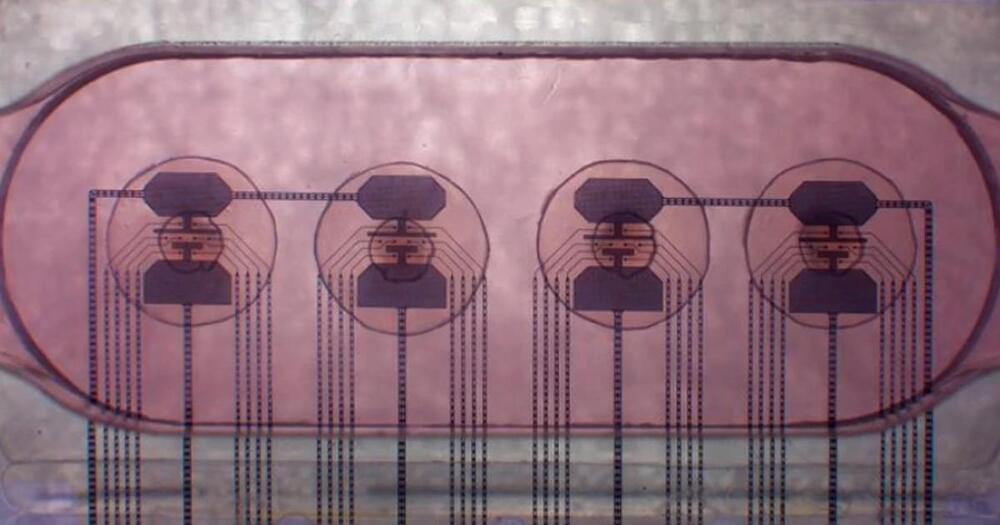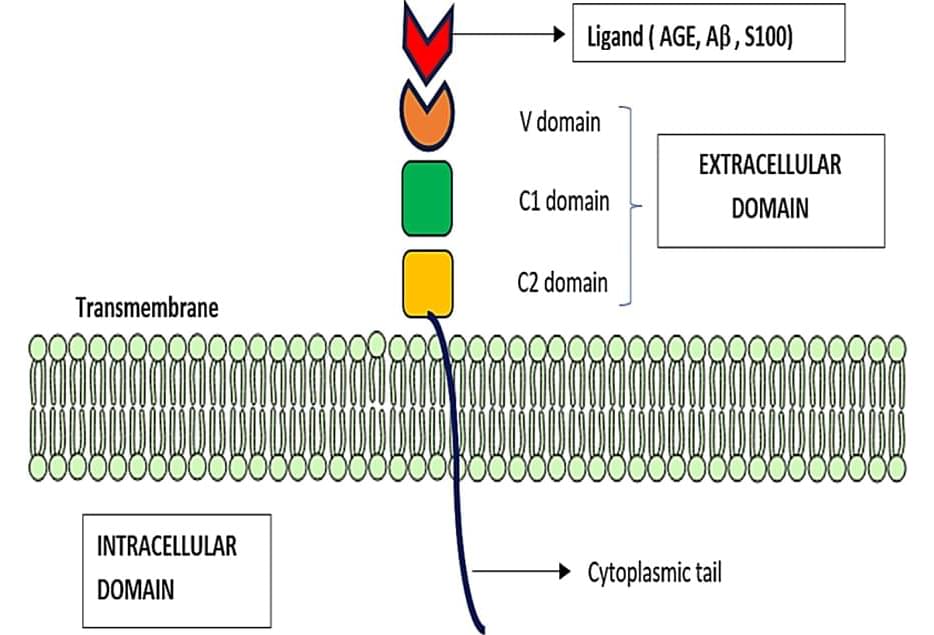For decades, the study of genetic disease was focused on genes that code for protein. But scientists have now identified a novel neurodevelopmental disorder that is caused by mutations in a gene that does not code for protein, called RNU4-2. These mutations lead to neurological symptoms that cause cognitive dysfunction, but have not previously been linked together as one disease. These findings have been reported in Nature Medicine.
In this work, the investigators analyzed whole-genome sequencing data from over 5,000 cases of intellectual disability and over 46,000 unaffected individuals. The research focused on unusual variations in the sequences of 41,132 genes that do not code for protein. The research revealed a gene that is apparently a common cause of neurodevleopmental problems. The scientists also determined that these mutations often arise spontaneously, and are not usually inherited from a parent.
